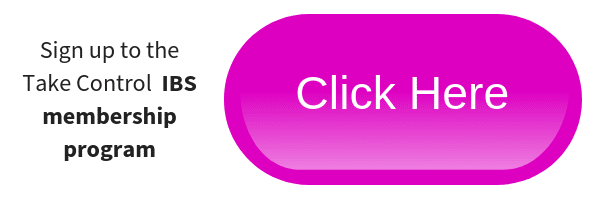How To Increase Weight With IBS
- Dietary Advice (non Low FODMAP)
Are you left wondering ‘how can I increase weight weight IBS?’
When you are trying to avoid IBS symptoms you may find that you struggle to gain weight. This is because your diet has become too restrictive.
You will be feeling confused about what you should be doing next. You want to try the low FODMAP diet but can you gain weight on this? Surely more restriction would lead to even more weight loss?
This confusion will leave you in quite an anxious place, not knowing where to go next despite being keen to make progress.
In this post I am going to explain why you are finding it hard to gain weight and what can you do about it. I will also be touching on eating disorders.

Why Is It Difficult to Increase Weight With IBS?
You will likely be thinking that your weight loss is due to the malabsorption of lots of nutrients. This will be causing you to worry and feel very anxious about your current condition.
Unlike other digestive diseases such as coeliac disease or inflammatory bowel disease (IBS), IBS does not cause malabsorption which leads to weight loss.
Sure, you may have malabsorption of certain food elements such as lactose in milk. But this would affect your total calorie absorption minimally.
In coeliac disease and IBD, a large part of the gut is inflamed which prevents the absorption of a large quantity of calories (1, 2). This leads to weight loss.
The reason you are finding it difficult to gain weight in IBS is because you have restricted your diet so much that your total calorie intake is now very low.
How Can I Increase Weight With IBS?
You will likely be feeling quite frustrated trying to work out how to increase your weight without causing IBS symptoms. You may even be thinking that there is only so much of your ‘safe foods’ that you can possibly eat.
So gaining weight in IBS is like gaining weight at any other time. You need to eat more calories than what you burn off. And, you need to do this consistently.
To gain just 0.5kg a week will mean that you must eat an additional 500 calories each day.
So now you will be thinking – “great thanks Kirsten, I need to eat more, but how the bloody hell do I do that?”
Firstly, you can not do this alone. The very fact that you are struggling to gain weight suggests that your diet is far too restrictive already. You will currently be putting yourself at risk of long term nutritional deficiencies.
You need to get the guidance of a dietitian so you can;
- Ensure your diet is providing you with all those nutrients that you need for good health.
- Increase your calorie intake with foods that do not worsen your IBS symptoms.
- Get to the bottom of those IBS symptoms!
Can I Go On The Low FODMAP Diet and Gain Weight?
Yes absolutely! Many people think this is not possible as it is more food restriction.
This is actually not true, the low FODMAP diet provides you with many food choices, allowing you to gain weight as needed. It also addresses your IBS symptoms which is the initial cause of you changing your diet and losing weight in the first place.
BUT – as with any complex diet, it is recommended that you do not do this alone.
Can I Join The Take Control Program and Increase Weight With IBS?
Again, Yes!
So part of the reason for writing about this topic is that I get asked about it all the time from people who are keen to join the program.
The program includes the low FODMAP diet, which we have already discussed. But, it also addresses regular eating, mental wellbeing and exercise – all areas which will help regulate your weight.
You will also have access to our online community where you can ask me and the other members for support and extra tips where needed.
Eating Disorders and IBS
IBS and eating disorders are linked. One study showed that 64% of people who had a diagnosed eating disorder, also fitted the criteria for IBS (3).
Please note, the low FODMAP is not recommended fort those who have a current or previous eating disorder. If this is relevant to you, please contact us for 121 support and guidance.